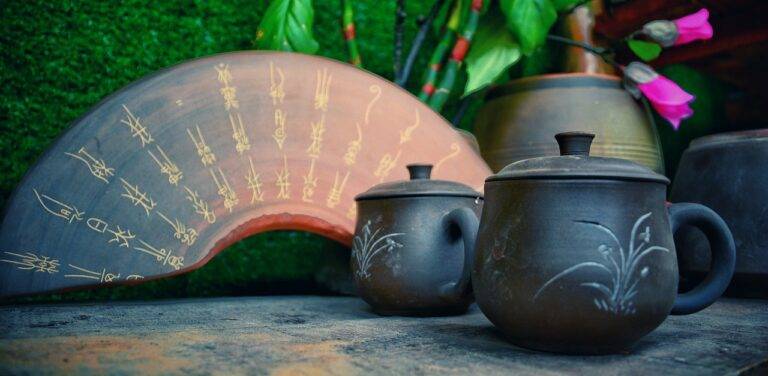The Role of Food in Cultural Celebrations: Exploring Traditional Festivals and Holiday Feasts: Betbhai9 sign up, Radhe exchange, My laser247
betbhai9 sign up, radhe exchange, my laser247: The Role of Food in Cultural Celebrations: Exploring Traditional Festivals and Holiday Feasts
Food plays a central role in cultural celebrations around the world, serving as a way to honor traditions, bring people together, and create lasting memories. From Chinese New Year to Thanksgiving, each festival and holiday feast offers a unique culinary experience that reflects the customs and values of a particular culture. Let’s delve into the significance of food in these cultural celebrations and explore how it brings people closer together.
Chinese New Year: A Feast of Prosperity and Good Fortune
Chinese New Year, also known as the Spring Festival, is one of the most important celebrations in Chinese culture. It is a time for families to come together and enjoy a lavish feast that symbolizes prosperity and good fortune for the year ahead. Traditional dishes such as dumplings, fish, and nian gao (sticky rice cake) are served to bring luck and abundance to the household. The act of sharing these dishes with loved ones reinforces the bonds of family and community during this auspicious time.
Diwali: A Festival of Lights and Sweets
Diwali, the Hindu festival of lights, is celebrated with great enthusiasm and joy across India and in Hindu communities worldwide. During Diwali, families prepare an array of sweet treats such as ladoos, jalebis, and kheer to share with friends and neighbors. These homemade delicacies symbolize the triumph of light over darkness and the importance of generosity and hospitality in Hindu culture. The act of exchanging sweets during Diwali strengthens bonds between people and fosters goodwill and harmony in the community.
Thanksgiving: A Time for Gratitude and Abundance
Thanksgiving is a quintessentially American holiday that celebrates the bounty of the harvest season and the importance of gratitude and togetherness. The traditional Thanksgiving feast typically features a roasted turkey, cranberry sauce, stuffing, and pumpkin pie. These dishes reflect the culinary heritage of early American settlers and serve as a reminder of the hardships they faced and the blessings they received. Sharing a meal with loved ones on Thanksgiving fosters a sense of community and reaffirms the values of thankfulness and generosity.
Question: Why is food such a central element of cultural celebrations?
Answer: Food is a central element of cultural celebrations because it serves as a tangible expression of tradition, identity, and shared values. By sharing meals with family and friends during festivals and holiday feasts, people not only nourish their bodies but also strengthen their connections to their cultural heritage and to each other.
Question: How do traditional dishes contribute to the festive atmosphere of cultural celebrations?
Answer: Traditional dishes play a crucial role in creating a festive atmosphere during cultural celebrations by evoking nostalgia, invoking symbolism, and showcasing culinary craftsmanship. These dishes are often passed down through generations and carry special meanings that enhance the overall experience of the celebration.
In conclusion, food plays a pivotal role in cultural celebrations by fostering a sense of community, tradition, and togetherness. Whether it’s a lavish Chinese New Year feast, a sweet-filled Diwali celebration, or a traditional Thanksgiving meal, the act of sharing food with loved ones during these festive occasions enriches the spirit and essence of the cultural heritage being celebrated. Let’s savor the flavors of these traditional festivals and holiday feasts as a way to honor the past and embrace the future.







